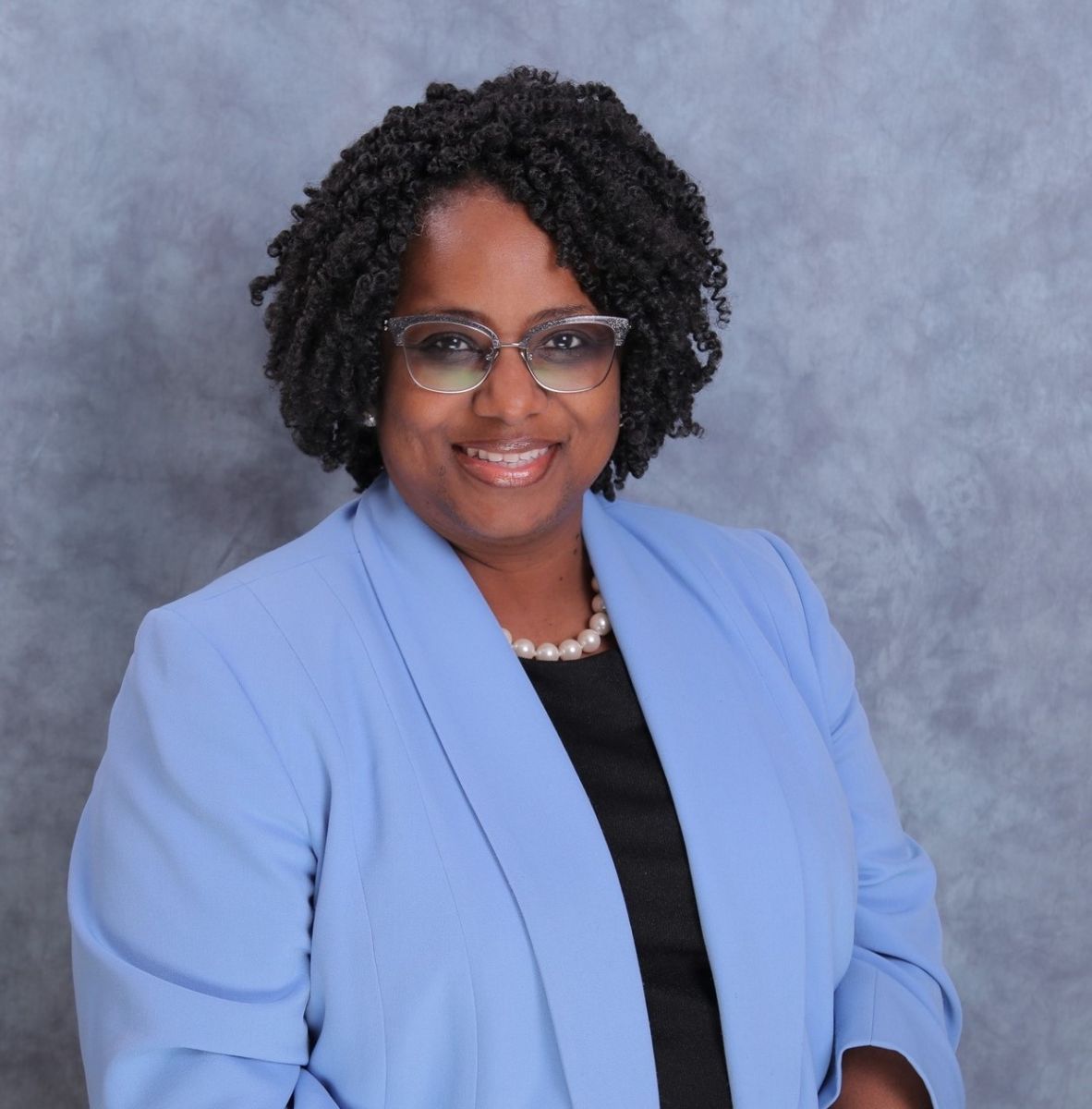Pandemic brings financial concerns into focus
Melinda Waldrop //August 25, 2020//
Columbia-based Prudential financial advisor Rosalyn Glenn’s job entails urging folks to pay close attention to their money and resources. The COVID-19 pandemic has proved an effective tool in making sure such advice is taken seriously, especially for clients who may not have been diligent in following it before.
“We were not prepared,” Glenn said. “Right from the beginning, what it exposed is that we have not been good managers of the resources we have, and we have not been mindful and thoughtful about it. … Two weeks into the pandemic, folks were nervous about how they were going to care for their families and meet their monthly obligations, let alone two months into the pandemic.”
As the pandemic continues, Glenn has received several follow-up calls from clients suddenly motivated to firm up life insurance plans or sock money away into an emergency fund.
“Prior to COVID, I had met with lots of clients and made recommendations to them about things that they should likely consider and maybe implement if they are going to have a solid financial foundation,” she said. “Up to that time, they knew they needed to do it, but it wasn’t priority.”
 Those who have begun heeding Glenn’s advice hears what she tells everyone.
Those who have begun heeding Glenn’s advice hears what she tells everyone.
“Be intentional about developing a budget, or because budget (is) so negative in people’s minds, I like to use the term spending plan,” she said. “Be intentional about developing a spending plan and giving your money an assignment. … Every dollar that comes into the house has an assignment: pay the mortgage, pay the electric bill, buy food, prepare the kids for school, save for retirement, save for the emergency fund.”
The pandemic has, however, necessitated some outside-the-box thinking on both Glenn’s part and that of her clients as workers see jobs disappear or hours sharply curtailed.
“Lots of people, their income has been impacted by this environment that we’re in, and they may not be working as many hours,” she said. “The essential workers, as we are calling them, are the ones that have been most impacted, but they are also the ones that have the majority of hourly wage jobs. If their hours are cut, they don’t bring in the same amount of money, and they don’t have the opportunity maybe for the overtime that they were used to working to help make ends meet. You really just have to buckle down and figure out what income you do have and give that money an assignment.
“The other thing you have to do is be creative in thinking about ways that you can generate additional income. While restaurants may have closed, and so therefore if you were a server at a restaurant, you may not be able to be there working, what has increased is the delivery companies where people are ordering food. Maybe that’s a side job that you can pick up to help increase your income in the meantime.”
Employment changes stemming from the COVID-19 crisis have also created additional financial considerations. Workers already seeing a drop in income may have to contend with health care expenses if they do become ill, and for many, health insurance is tied to employment.
In April, the national unemployment rate reached 14.7% and climbed as high as 12.1% in South Carolina, where Federal Pandemic Unemployment Compensation, which gave eligible recipients an extra $600 a week, expired at the end of July.
The U.S. Census Bureau’s recent Current Population Survey Annual Social and Economic Supplement found that 55% of the U.S. population, or around 178 million people, had employer-sponsored insurance in 2018.
“When it gets down to our individual households, we are being forced to make decisions about how we manage finances, because the funds are drying up,” Glenn said. “The state is opening back up and they want people to go back to work, and people want to go to work. However, they don’t want to do that to the extent of their health, because now it creates a health care cost. … People are having to make the decisions about whether they go to work and (potentially) expose themselves, or not and deal with the financial challenges that brings.”
Consumerfinance.gov advises people experiencing a loss in income to contact companies about bill payment arrangements and recommends that financial institutions work with customers to find solutions.
Glenn has also advised millennial clients mulling moving back in with their parents to save on rent in a snapshot of a national trend. A recent Ameritrade study provided to USA Today found that 59% of 2,002 respondents ages 15-29 said that the pandemic has hindered achievement of financial independence, while 71% worry about their generation’s ability to survive the economic downturn without federal aid.
But while the pandemic has strained many budgets, Glenn said some are benefiting by spending less on travel or dining out.
“As bad as this environment that we are in is — and it is pretty detrimental — I do think it is teaching us some lessons that we have known all along, and it is showing us that where we convinced ourselves that we couldn’t do something, we have figured out that because we’re forced to do it, we are able to do it,” she said. “It’s not difficult to go to the grocery store and buy groceries and cook more at home, which helps you save money because you’re not eating out as much.
“It’s not difficult to not be driving all around, to be intentional — when I go out, I’m going to make a plan, and this is what I’m going to do, so therefore I may not be spending as much money in gas as I would have. Some people may be working from home now, so that money they were spending in commuting costs or gas, they are able to allocate it to something else that is helping them to eliminate debt.”
Glenn has identified one constant in the varying experiences of clients weathering COVID-19.
“I’ve seen from one extreme to the other, and the difference, in my opinion, has been those that were already on the right path and already had a plan were able to more easily adjust than those who didn’t have a plan and were just kind of managing haphazardly,” she said.
For the latter, “there’s always time to do better and be better, no matter what your situation is,” Glenn said. “There’s a saying: You can’t fix a problem with the same mindset that created the problem.
“We are in some tough times here, but as tough as it is, you can create a different mindset to sustain yourself in these tough times, understanding and knowing that better days are coming. … That’s what this time has also afforded us, is the opportunity to decide what the priorities are.”
This article first appeared in the Aug. 17 print edition of the Columbia Regional Business Report.
i















